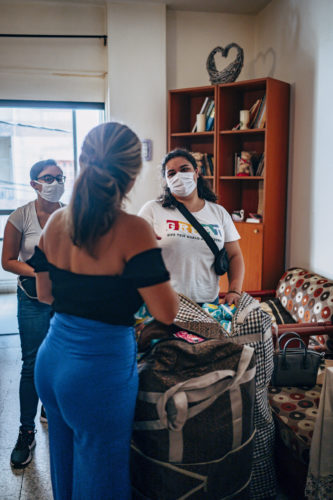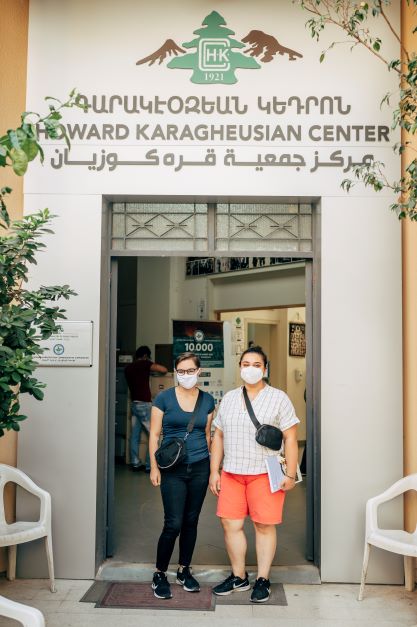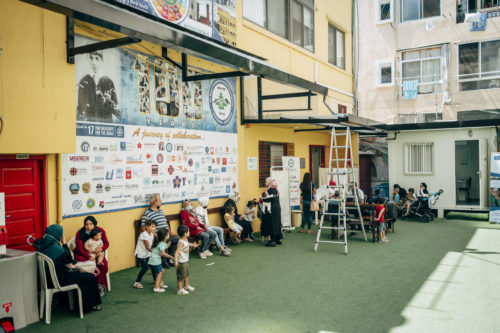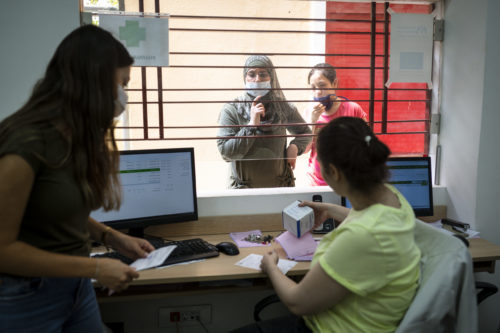By Araxie Cass
Special to the Mirror-Spectator
BEIRUT — A little over one year ago, in the aftermath of the 2020 Beirut Explosion, Kooyrigs, an Armenian feminist NGO, sprang into action with an initiative to distribute period kits to victims of the blast. With team members from and connected to Lebanon, the Kooyrigs team was eager to help both the Armenian community and other communities in Lebanon. Later that year, Kooyrigs cemented its commitment to direct aid work when the Artsakh War of 2020 broke out, becoming one of the leading organizations distributing aid to the front lines.
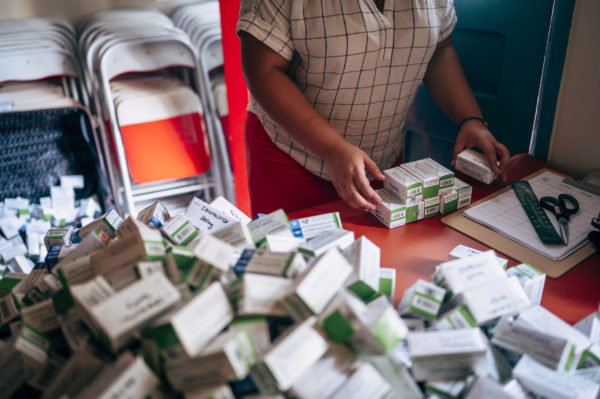
Around the one-year anniversary of the blast, Kooyrigs was once again working on aid for Lebanon. Over the past year, the situation has gone from bad to worse and aid is needed now more than ever. This year, Kooyrigs turned to our team members from Lebanon to understand what was most needed.
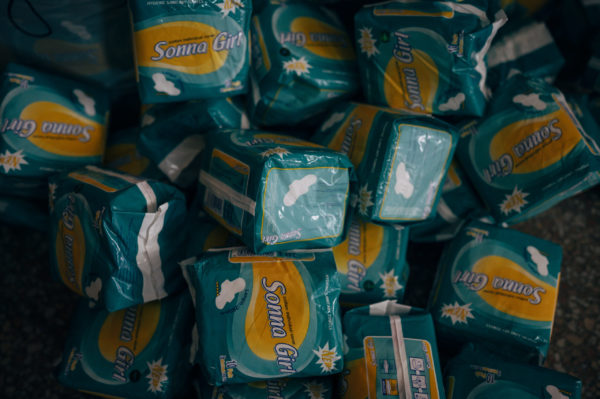
The situation in Lebanon remains dire. Driving anywhere in the country, one can see the effects of the recent fuel crisis in closed down gas stations, and days-long lines of cars waiting for fuel. As it has for many years, electricity remains sporadic, but with a lack of fuel, many are not able to power the diesel generators they usually use for power. Hyperinflation has drastically reduced salaries, and made many basic necessities like food unaffordable. The hyperinflation has also left the country without many medications, even basic ones like Ibuprofen and Panadol.
After learning about the situation and hearing reports from team member Maria Kjdrian, who traveled to her home in Anjar village over the summer, Kooyrigs decided to start another immediate aid campaign for Lebanon. The organization fundraised through their first birthday celebration, marking one year as an official NGO and 501(c)3, as well as through their social media platform. As in the aftermath of the first war period, products have once again been left off the list of basic necessities subsidized by the government, and thus have become unaffordable for many.
